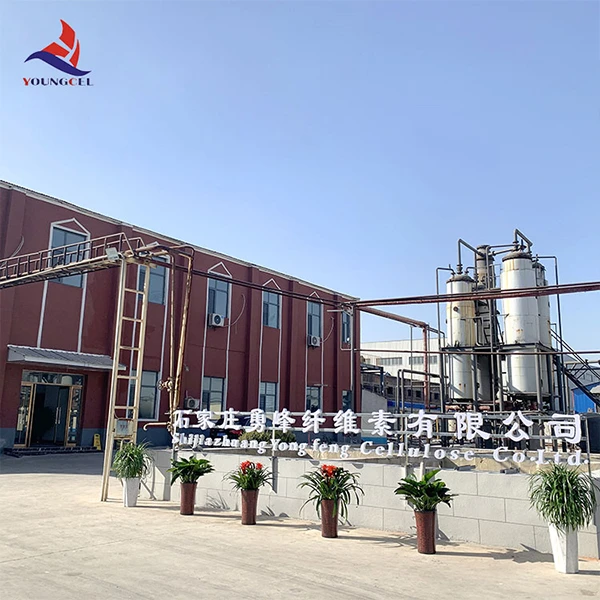Understanding HPMC Manufacturers and Their Role in Various Industries
Hydroxypropyl Methylcellulose (HPMC) is a versatile and widely used cellulose ether that has found its application in various industries, including pharmaceuticals, construction, food, and cosmetics. The growing demand for HPMC in these sectors has led to the emergence of numerous HPMC manufacturers globally. Understanding the role of these manufacturers and the significance of HPMC is essential for businesses looking to leverage this compound in their products.
What is HPMC?
HPMC is a semi-synthetic polymer derived from cellulose, a natural polymer obtained from wood pulp or cotton. Through a series of chemical reactions, cellulose is modified to produce HPMC, which exhibits unique properties such as water solubility, thickening, film-forming abilities, and gel-forming capabilities. These properties make HPMC an excellent choice for various applications.
The Growing Demand for HPMC
The increasing awareness of health and wellness, combined with the demand for natural and sustainable ingredients, has led to a surge in the utilization of HPMC in the pharmaceutical and food industries. In pharmaceuticals, HPMC is used in formulations as a binder, stabilizer, and controlled-release agent. Its ability to form gels is particularly valuable in drug delivery systems, making medications more effective and patient-friendly.
In the construction industry, HPMC is commonly employed as a thickening and water-retaining agent in cement, mortar, and other construction materials. It improves the workability of these materials, allowing for easier application and enhancing the overall quality of construction projects.
Furthermore, in the food industry, HPMC is utilized as a food additive, providing texture, stability, and emulsification properties. It is particularly popular in gluten-free products, where it helps mimic the texture and consistency of gluten-containing items.
hpmc manufacturer

The Role of HPMC Manufacturers
HPMC manufacturers are crucial players in ensuring a consistent supply of high-quality HPMC to meet the growing demand. These manufacturers typically undergo rigorous quality control processes to ensure that the HPMC produced meets various international quality standards. They invest in research and development to improve production techniques, enhance properties, and develop new grades of HPMC that cater to specific industry needs.
The choice of an HPMC manufacturer is critical for businesses. Factors such as the manufacturer's reputation, production capacity, certification (like ISO), and ability to provide technical support should be considered. Established manufacturers often offer customization options to tailor HPMC products to specific formulations, which can be a significant advantage for businesses that require unique specifications.
Challenges and Future Trends
Despite the growing market, HPMC manufacturers face challenges such as fluctuating raw material prices, environmental regulations, and the need for sustainable production methods. Many manufacturers are now focusing on eco-friendly practices and sourcing sustainable raw materials to align with global sustainability goals.
Looking ahead, the demand for HPMC is expected to continue rising, driven by innovation in product formulation and the development of new applications. As more industries recognize the benefits of using HPMC, manufacturers that prioritize quality, sustainability, and customer service are likely to thrive in the competitive landscape.
Conclusion
In summary, HPMC manufacturers play a pivotal role in various sectors by providing essential materials that enhance product quality and performance. With the ongoing advancements and growing market demand, these manufacturers will continue to be integral to the supply chain, enabling businesses to innovate and meet the needs of consumers effectively. Understanding the capabilities and offerings of HPMC manufacturers is essential for any business seeking to leverage this versatile compound in their products.
-
Premium Detergent Grade HPMC Hydroxypropyl Methylcellulose: Superior Thickening & StabilityNewsAug.31,2025
-
HEC 100000 Hydroxyethylcellulose for Paint | Superior ThickeningNewsAug.30,2025
-
Wall Putty Rdp Powder Packaging DesignNewsAug.29,2025
-
Introduction to Hpmc Hydroxypropyl Methyl CellulosNewsAug.29,2025
-
Hpmc Industri Grade IntegrationNewsAug.29,2025
-
How to Choose the Right Construction AdhesiveNewsAug.29,2025




